
OR
Garbage management
Riverbanks filled with garbage in Tanahun
Published On: September 18, 2019 08:55 AM NPT By: Binod Dhungana

TANAHUN, Sept 18: When it was registered as a municipality 28 years ago, waste management was one of the major agendas of Byas Municipality in Tanahun. But even today, the municipality is yet to identify a landfill site.
Amid ever growing concrete structures in the towns and villages, and tons of garbage produced every year, the lack of landfill site has resulted in very poor hygiene of the municipality. People throw wastes along the riverside and the municipality does the same. Such an irresponsible act has gradually taken toll on not just human health but also affected wildlife and water animals. Madi River which was once clean and fresh is seen carrying filthy litters these days.
“We do not have any landfill site yet. We are trying to have one soon,” said Krishnaraj Ghimire, an official at the municipality. “We have tried our best to manage waste by segregating them,” he added.
The municipality collects plastic waste and degradable waste in different bags. Degradable wastes are filtered and used as compost for agricultural purpose. However, plastics and non-degradable wastes are thrown haphazardly in Madi riverbank. Piles of such garbage near the Madi bridge have become an eyesore to the visitors.
“We have been trying to manage the garbage. Rag pickers collect waste matters from there. It is no longer that messy like before,” Ghimire said.
According to Ghimire, around 75 ropanis of land at Tekanthumki Community Forest, located in Byas Municipality – 5, is being considered as a possible landfill site. “Our team at the environment section has reported it to be the most suitable place for a landfill site,” he said.
The way ahead is not easy however. Locals around the site are adamant not to allow the municipality to dump the waste there. This fiscal year, the municipality has allocated Rs 10 million for waste management and building infrastructures at the landfill site.
Bhimad Municipality reports no better situation regarding the management of wastes. While the population is ever-expanding in this municipality as well, there is no landfill site for waste management. The municipality throws garbage into the Seti River near Janajyoti Public Campus. “It is very difficult to find a suitable landfill site. We are worried but have not found any solution,” said the Mayor Mekh Bahadur Thapa. “This is going to get even serious in the future,” he added.
Shuklagandaki Municipality had built a ‘waste management center’ a year ago. The four-room building worth Rs 2 million at Kaserighat of Suklagandaki Municipality – 5, however, has not yet come into use. And this has also left a road constructed at a cost of Rs 3 million which leads to the building unused. On the other hand, waste matters collected from the municipality continue to pollute the Seti River.
According to Rajendra Soti, chief at the Environment Division of the municipality, the local authority is trying to put in some more efforts in order to make the situation better.
“We have been trying hard to get things on track. The building will also come into use soon,” he said. The municipality has allocated Rs 5 million for waste management for this fiscal year.
The waste matters thrown on the river banks are not buried but left uncovered. Apart from disfiguring the rivers, the waste matters also bring health hazards affecting people and wildlife downstream. According to environmentalist Ekraj Sigdel, the rivers which are supposed to give life to water animals are killing them instead.
“The waste matters become poisonous for many water animals and birds. Throwing harmful wastes in rivers is a criminal act,” he said. The rivers also have religious value. During religious occasions of the Hindus, the rivers are worshipped and several rituals performed. Regardless of this, garbage continues to be thrown here on a daily basis.
“The municipalities must come up with a proper solution to the problem. Littering rivers cannot be a long-term solution,” said Sigdel calling for an urgent intervention by the local bodies in order to address the problem.
You May Like This
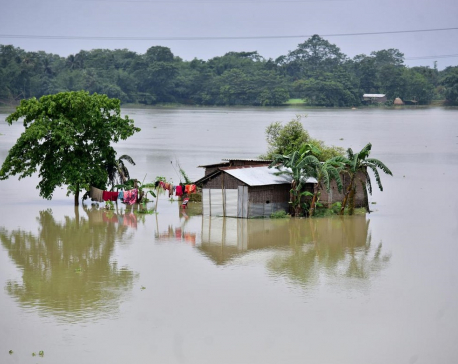
663 houses in Tanahun at risk of being swept away by flood
TANAHUN, August 25: As many as 663 houses at Patan in Byas Municipality-5 in Tanahun district have been exposed to... Read More...
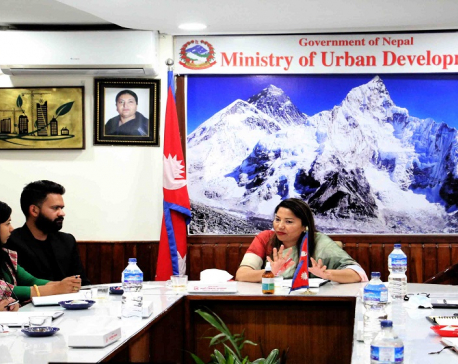
Valley’s waste will be managed scientifically in Banchare Danda: Minister Jhakri
KATHMANDU, June 3: Minister for Urban Development, Ram Kumari Jhakri has said that the Kathmandu Valley’s waste will be managed... Read More...
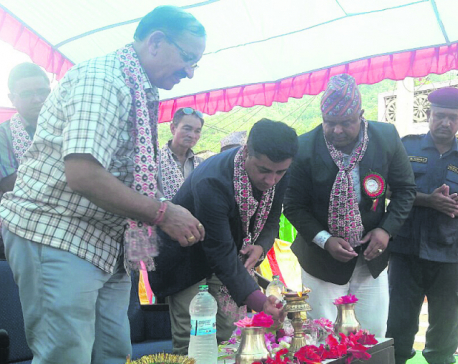
Lumbini Bikas Bank opens branch office in Tanahun
KATHMANDU, July 13: Lumbini Bikas Bank Ltd has opened up a branch in Chandrawati, Tanahun. Issuing a statement on Wednesday, the... Read More...





Just In
- Nepalgunj ICP handed over to Nepal, to come into operation from May 8
- Nepal to gift two elephants to Qatar during Emir's state visit
- NUP Chair Shrestha: Resham Chaudhary, convicted in Tikapur murder case, ineligible for party membership
- Dr Ram Kantha Makaju Shrestha: A visionary leader transforming healthcare in Nepal
- Let us present practical projects, not 'wish list': PM Dahal
- President Paudel requests Emir of Qatar to initiate release of Bipin Joshi
- Emir of Qatar and President Paudel hold discussions at Sheetal Niwas
- Devi Khadka: The champion of sexual violence victims



_20240423174443.jpg)





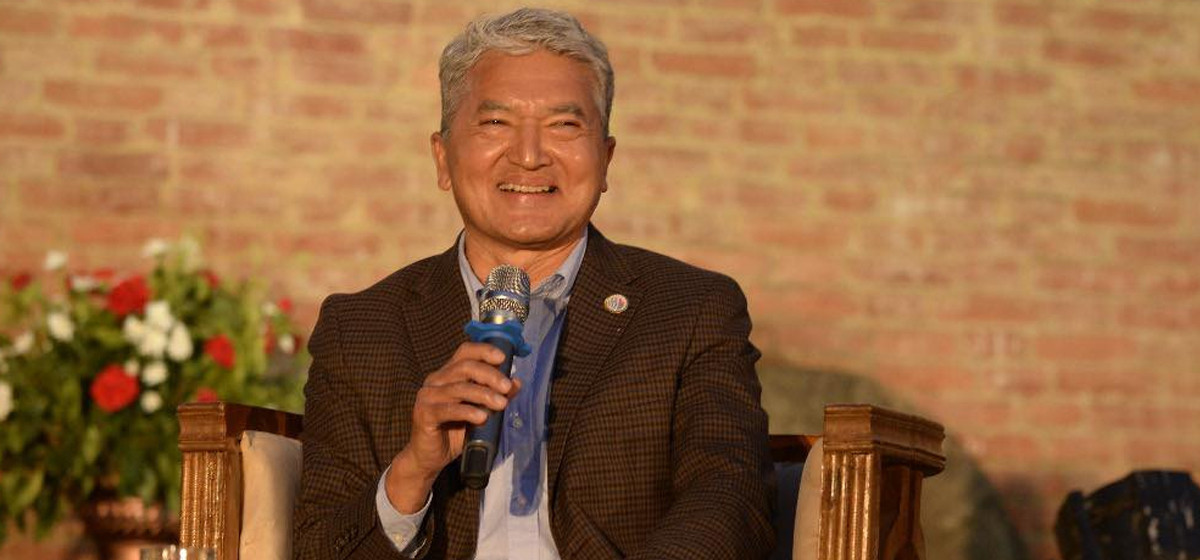
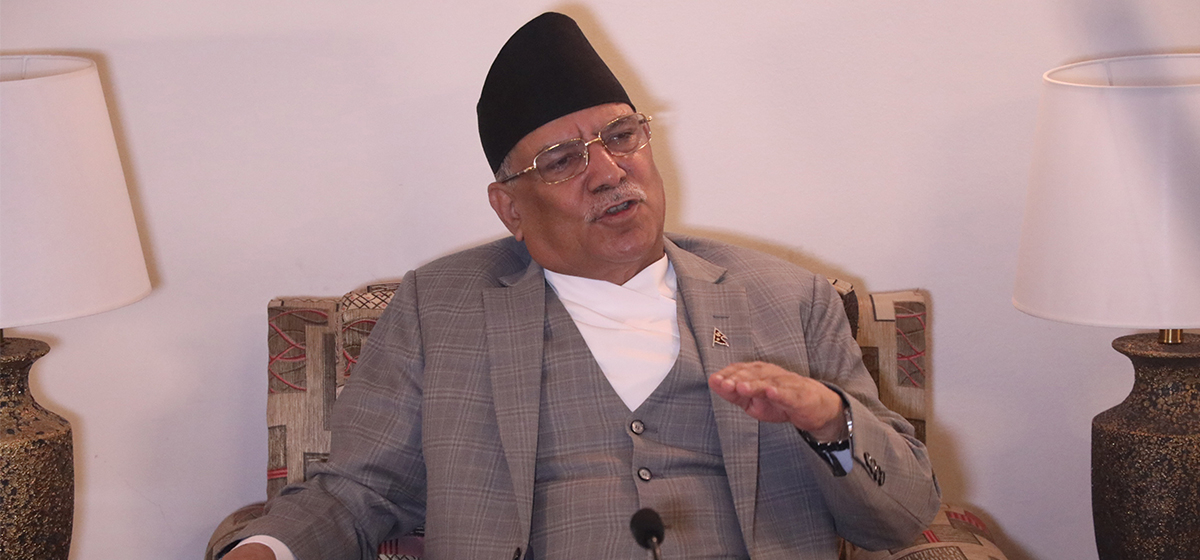

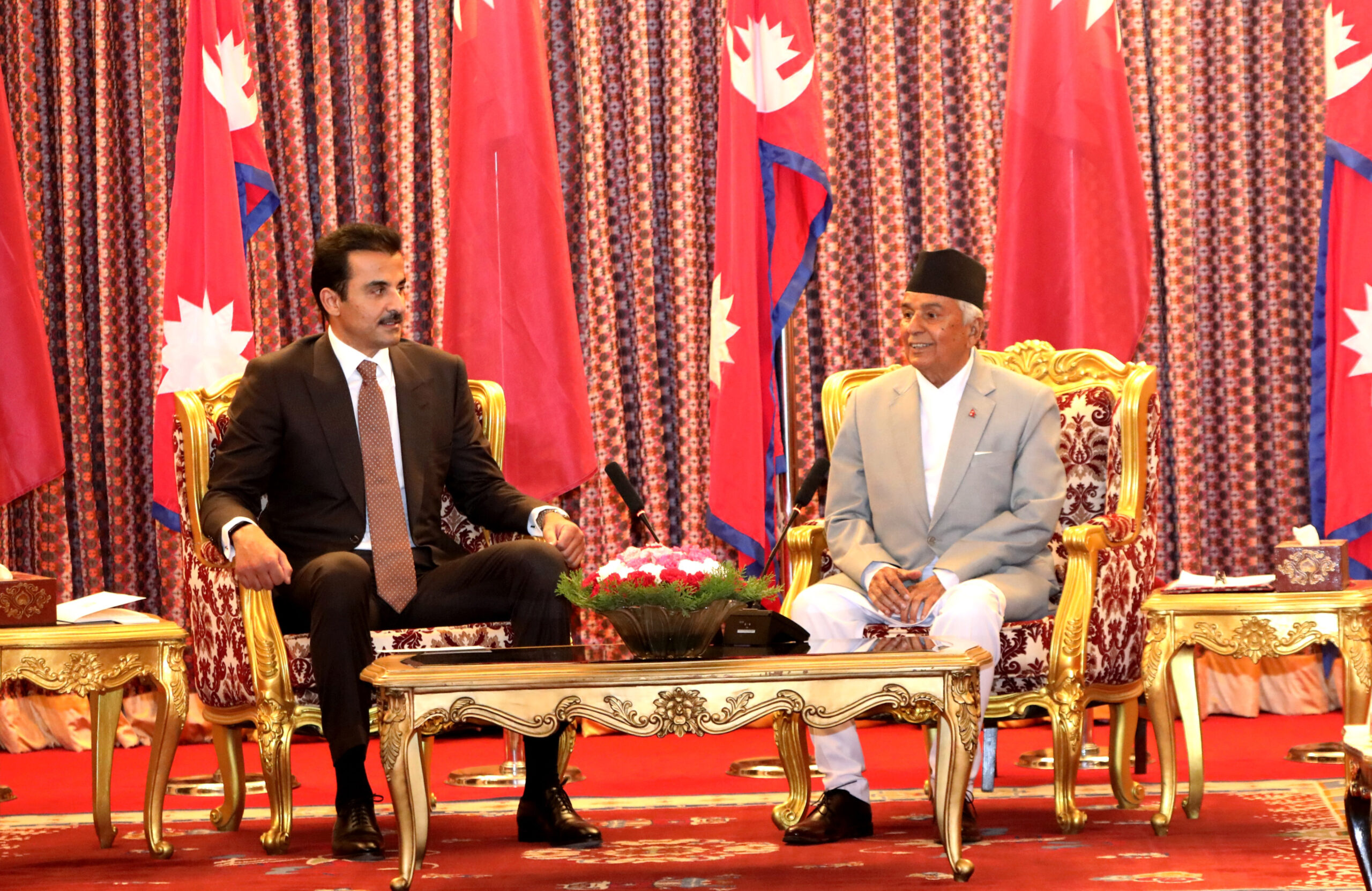
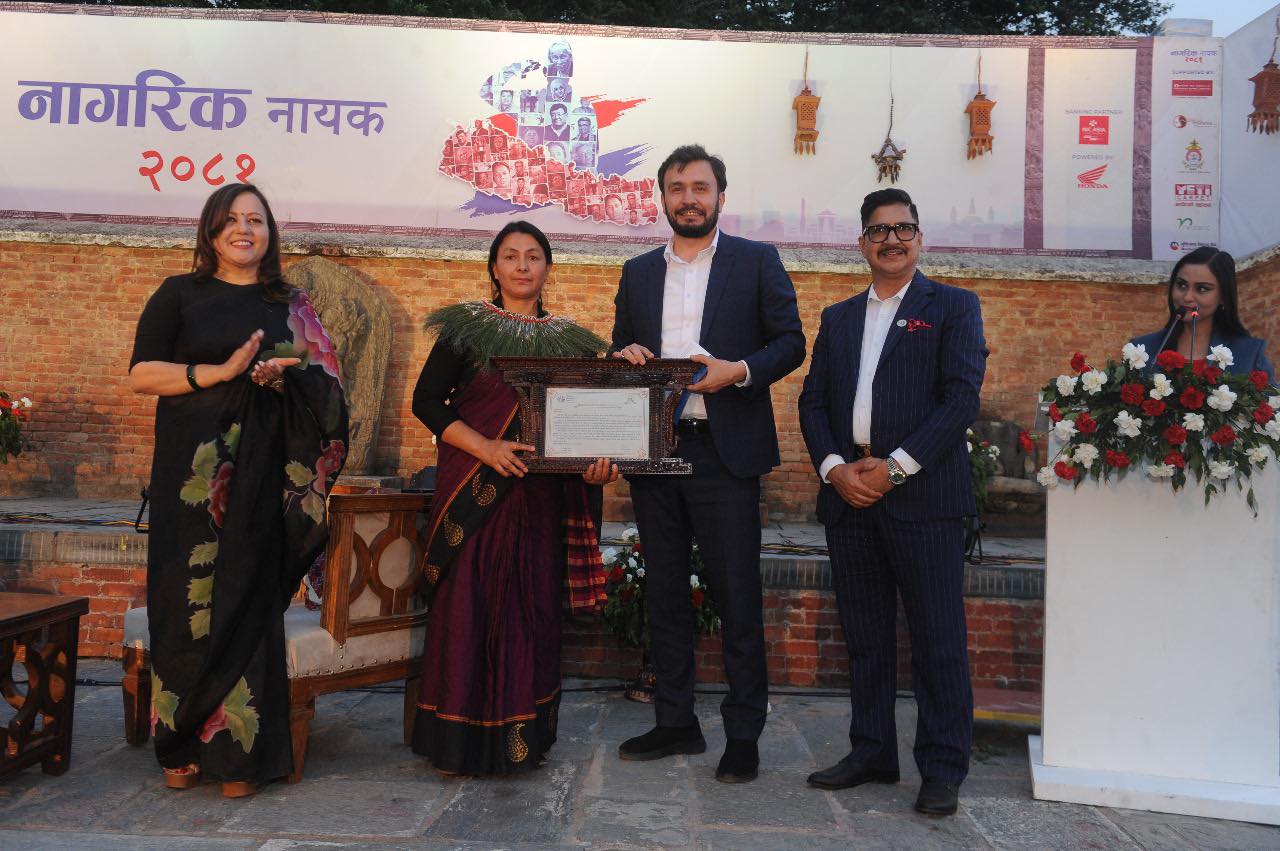
Leave A Comment